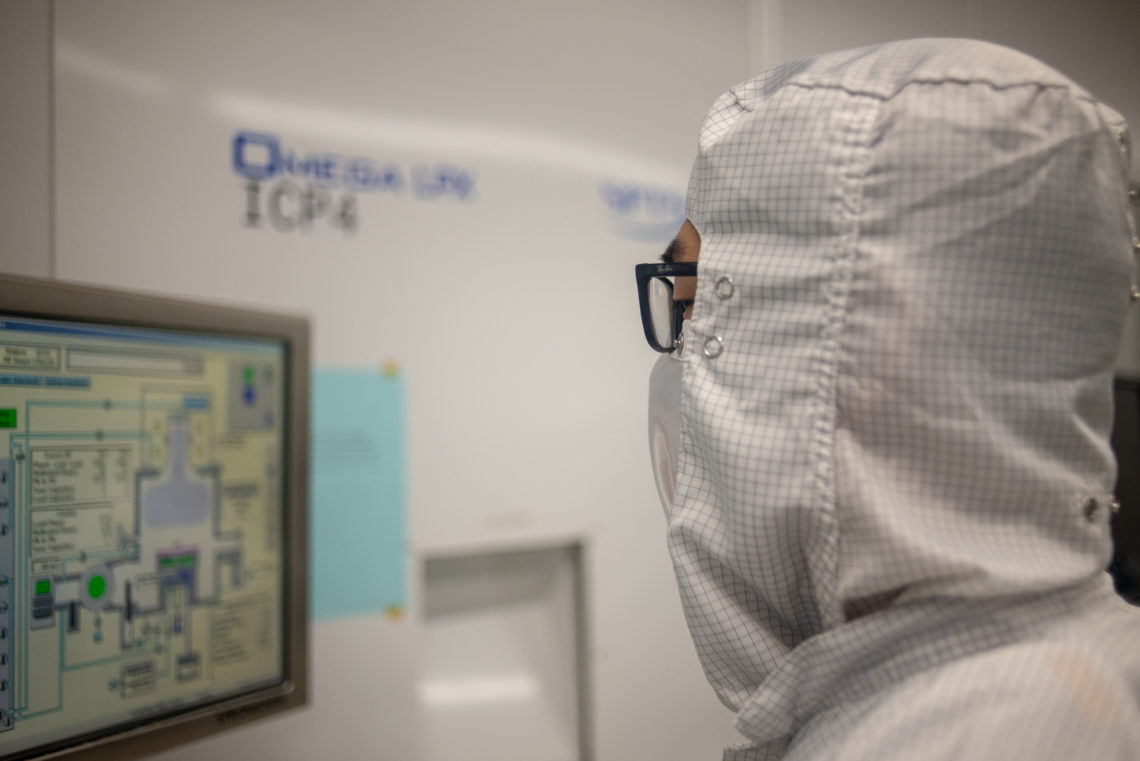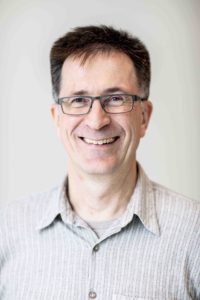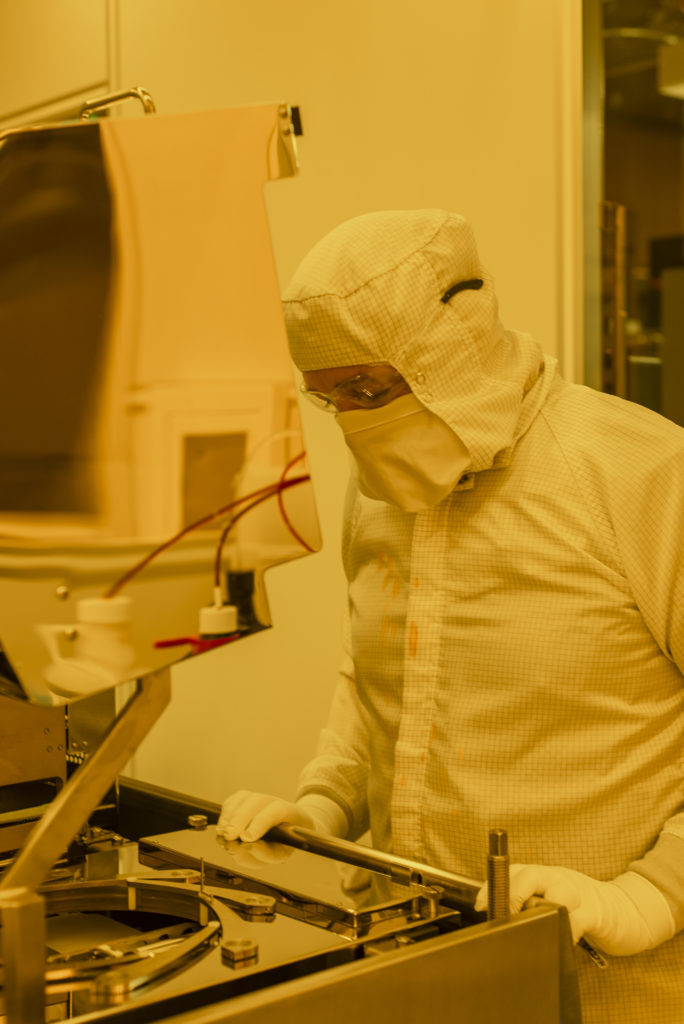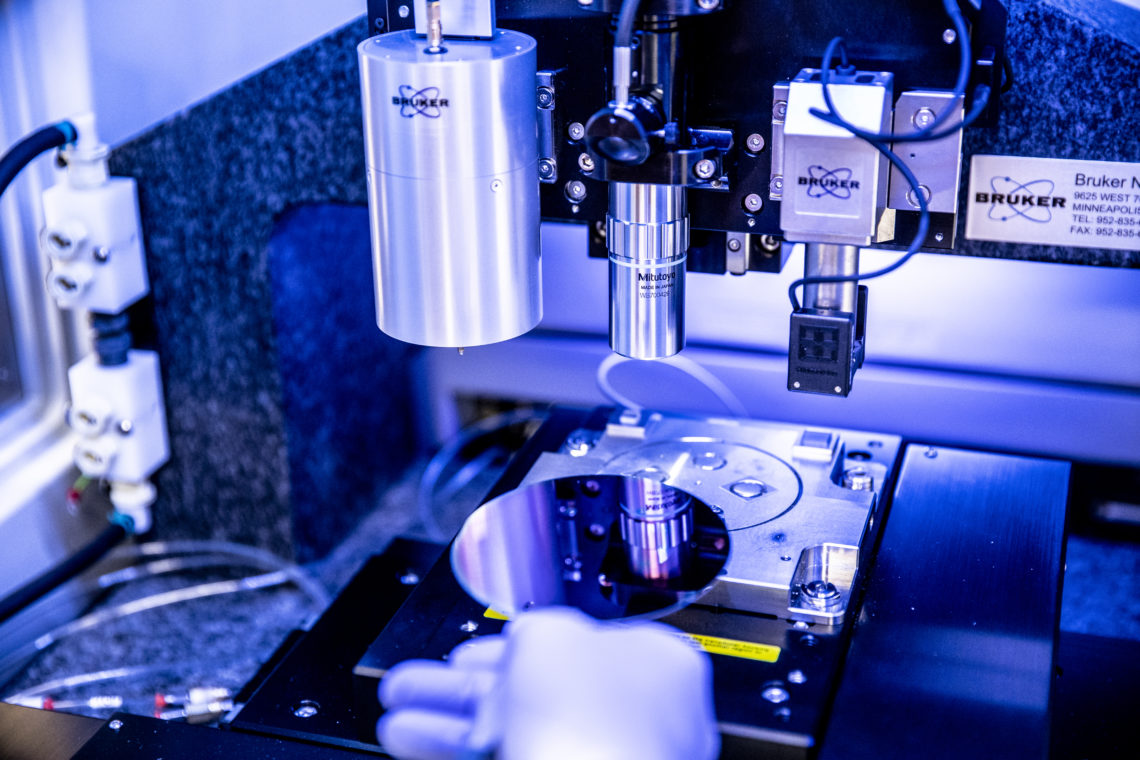 The National Science Foundation (NSF) has awarded the University of Washington (UW) and Oregon State University (OSU) a five-year, $5 million grant to advance nanoscale science, engineering, and technology research in the Pacific Northwest. Known as the Northwest Nanotechnology Infrastructure (NNI), the UW and OSU partnership is one of 16 sites in the NSF’s National Nanotechnology Coordinated Infrastructure (NNCI) program. NNCI sites provide researchers from academia and industry access to leading-edge fabrication and characterization tools at university facilities.
The National Science Foundation (NSF) has awarded the University of Washington (UW) and Oregon State University (OSU) a five-year, $5 million grant to advance nanoscale science, engineering, and technology research in the Pacific Northwest. Known as the Northwest Nanotechnology Infrastructure (NNI), the UW and OSU partnership is one of 16 sites in the NSF’s National Nanotechnology Coordinated Infrastructure (NNCI) program. NNCI sites provide researchers from academia and industry access to leading-edge fabrication and characterization tools at university facilities.
This award will support UW and OSU nanotechnology facilities, enabling innovations in materials and devices, including quantum photonic devices, perovskite solar cells, and flexible electronics for displays and biomedical sensors.

UW ECE professor and NNI site director Karl Böhringer
“We are proud to be part of this national network as the Pacific Northwest’s nanotechnology hub,” said UW Electrical & Computer Engineering (UW ECE) professor, NNI site director and UW Institute of Nano-engineered Systems director Karl Böhringer. “NSF’s continued support of our region’s nanotechnology infrastructure will enable us to lower barriers to access for biomedical users, offer additional training opportunities to facility staff, and expand nanotechnology education in tribal schools and community colleges in the region.”
“NNCI helps scientists and engineers in diverse fields solve challenging convergent research problems” said Dawn Tilbury, NSF assistant director for Engineering. “Research and education through NNCI will continue to yield nanotechnology innovations – from interconnects for quantum systems to high-resolution imaging to brain-implanted sensors – that bring economic and societal benefits to us all.”

Washington Nanofabrication Facility
Headquartered at the UW, the NNI was established with NSF funding in 2015 to strengthen connections between centers of nanotechnology research in the region, and to expand the breadth of equipment and expertise available to scientists with diverse research interests and needs. Over the past five years under NNCI, NNI facilities have seen significant growth, with a 20% increase in users and a near doubling of the hours of equipment use. In recent years, the UW has also made significant investments in nanotechnology infrastructure, including building new spaces dedicated to nanoscience research and equipment, as well as a $37 million renovation and expansion of the Washington Nanofabrication Facility (WNF).
At the UW, NNCI funds support the WNF and the Molecular Analysis Facility (MAF). The WNF is the largest publicly-accessible fabrication facility in the region, providing researchers from academia and industry with access to conventional semiconductor tools and leading-edge fabrication capabilities to make nanoscale structures and devices.

Molecular Analysis Facility
Housed in a custom-designed space with minimal vibration and electromagnetic interference, the MAF offers a range of microscopy, spectroscopy and surface science tools for the characterization and development of novel materials and devices, including those made at the WNF. Both facilities employ a team of full-time staff scientists to help users design, perform, or troubleshoot experiments.
In addition to serving as critical resources for scientists and engineers in academia and industry, NNCI sites, including NNI, offer education and training opportunities for K-12 students and adults.
“We aim to support the development of future engineers and innovators through mentored research training opportunities, course offerings that leverage NNI facilities for hands-on instruction, classroom visits, and participation in larger community events,” said NNI education lead and UW associate dean of academic affairs Daniel Ratner. “Ultimately, our goal is to expand access to nanotechnology so that it can become a more diverse and inclusive discipline.”
In addition to Böhringer, co-principal investigators on NNI include MAF director and bioengineering associate research professor Lara Gamble, chemistry professor David Ginger, UW ECE professor Mo Li, and bioengineering professor Daniel Ratner.
For more information, contact NNI site director Karl Böhringer at karlb@uw.edu. To learn more about the WNF or MAF, contact Maria Huffman at wnfinfo@uw.edu or Lara Gamble at uwmaf@uw.edu.

